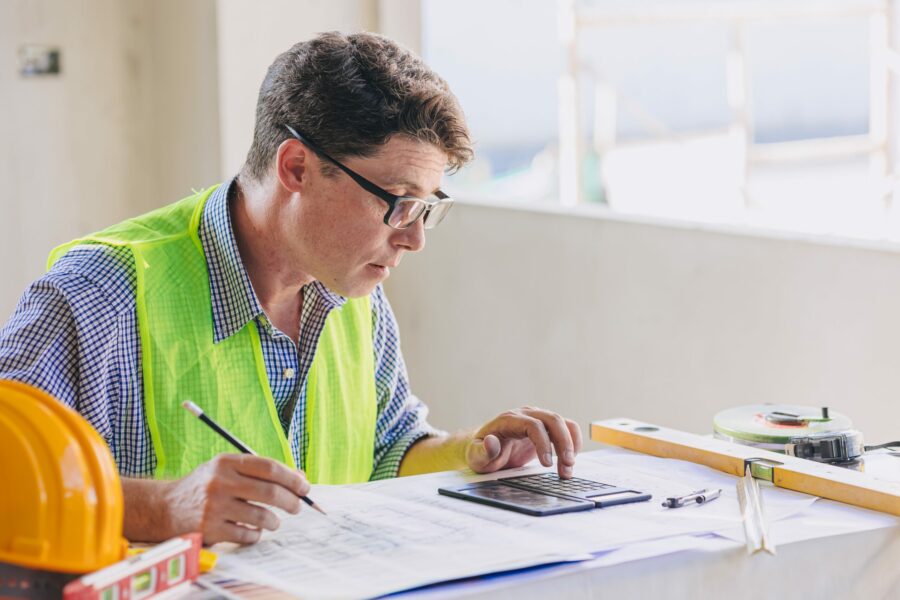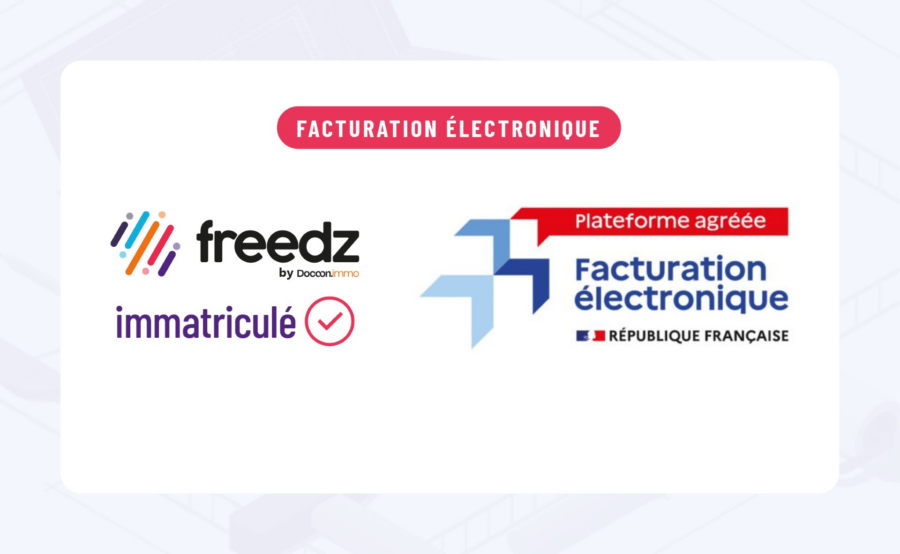
DAF - 5 lessons from the 2020 / 2021 confinements
New ways of working, communicating and thinking about business, the coronavirus has shaken up our working habits.
What lessons can be learned from these confinements at the level of accounting departments? Are there any practices to be retained? As a Finance and Administration Director, have you perhaps already put things in place?
If you have not already done so, we suggest you take stock of the lessons to be learned from the various confinements.
The importance of good communication between teams
The first casualty of remote working is communication. Communication has been severely tested during the confinements. For many employees, managers and executives, it has been necessary to learn to exchange information in a different way, to prioritise information and to get to the point. The obligation to work remotely required greater efforts to transmit information. It has also led us to review our practices, to think about the best way to get a message across and, more generally, to better understand the challenges of communication within a company.
In all our experiences, we have found that clarity, transparency and reliability are essential criteria for building support and cooperation. It is also an effective way of limiting and calming conflicts.
Remember : Whatever the means used, an effort is made to communicate clearly and reliably in order to maintain balanced links between the teams.
The need for trust
With a completely changed organisation, managers and employees alike had to adapt to the new constraints imposed by the situation. Despite this, the distancing also contributed to the complexity of relations and in particular the management of teams.
Les patrons d’entreprises, auparavant réticents à adopter le télétravail, ont été contraints de s’adapter et de faire davantage confiance à leurs collaborateurs. Selon une étude réalisée en 2020 par Infopro Digital Études pour l’Usine Nouvelle et Bodet Software, 51% des dirigeants interrogés “n’avaient pas déployé le télétravail en raison d’un manque de confiance envers son efficacité”. Après la crise, 68% font davantage confiance à ce mode de travail et 75% pensent que le télétravail va être amené à se développer. Parallèlement, 83% des managers ont été satisfaits du télétravail pendant le confinement. Preuve que cela fonctionne et que la confiance des dirigeants et des managers envers leurs collaborateurs peut aussi s’appliquer à distance.
Remember : The trust of employees during containment is maintained and is not conditional on their presence on the premises.
Maintaining social ties
Physical contact, gatherings, afterworks or face-to-face meetings... This is what many employees missed the most.
Quite naturally, we have tried to make up for all these moments in office life. Tools such as Teams, Google Meet, Zoom or Jitsi have become part of our daily vocabulary, the only means of conversing with our colleagues, formally or informally. This urgent need for social contact shows that the absence of links is a considerable source of stress and malaise for employees. And even face-to-face contact does not always guarantee this. This is why, as a team leader, it is essential to encourage time for exchanges and socialising, as these are essential to the quality of work and the well-being of employees.
We remember : We continue to communicate with employees remotely and face-to-face to maintain their commitment and a good team spirit.
Digitalisation at full speed
Having to take your computer equipment home with you, screen and keyboard under your arm, is a memory that remains engraved in the minds of many employees. Indeed, many companies had not fully embraced the digitalisation process and had not equipped their employees for mobility. Everything had to be invented, whether in terms of hardware, software or IT security.
But as soon as the first containment experience was over, the managers realised the value of it and reviewed their way of organising themselves. It is now a question of equipping themselves with equipment that allows mobility (computers, tablets, internet connection, etc.) as well as finding tools that allow them to work regardless of location. As far as accounting is concerned, it is a question of no longer being dependent on paper and of digitising all the documents used to manage the company, in particular electronic invoicing.
On retient : On accélère la digitalisation au niveau du service administratif et financier, en adoptant des outils sécurisés qui permettent, comme Freedz, de travailler n’importe où.
Telework or face-to-face: equivalent support
During the various confinements, teleworking has become the norm for many employees. However, not all of them had practised it before. This new way of working has brought its share of questions, discoveries and problems. Depending on the conditions, the experience has been more or less successful for the people concerned.
Néanmoins, selon une étude de l’ANACT, l’Agence nationale pour l’amélioration des conditions de travail, 88% des salariés interrogés souhaitent poursuivre le télétravail à l’issue de la crise, soit de manière occasionnelle, soit de manière régulière.
Many employees have enjoyed working from home, finding the environment more conducive to concentration, limiting the stress of transport, etc. Telework has become part of the practice by force of circumstance but is now part of the organisation of companies. It also leads to a more general reflection on the working conditions of employees.
Remember: Whether at home or in the office, priority is given to the working environment of employees to maintain their well-being and productivity.
With the containment, companies were faced with the obligation to renew and innovate. A dynamic to be maintained in the coming months to face the consequences of the health crisis.

Situation de travaux : 8 blocages qui tuent vos chantiers… et comment Freedz les élimine !

Facturation électronique 2026 : la checklist “zéro oubli” pour un bailleur social
